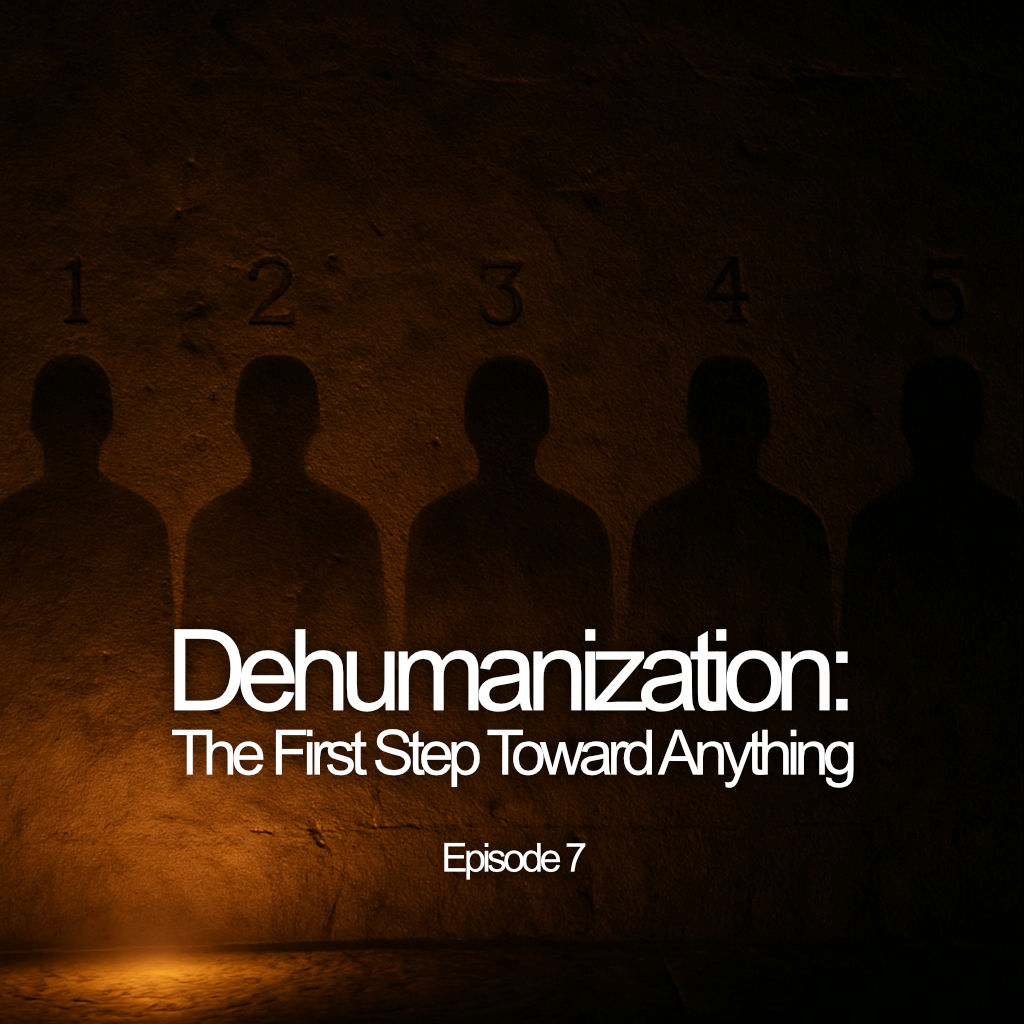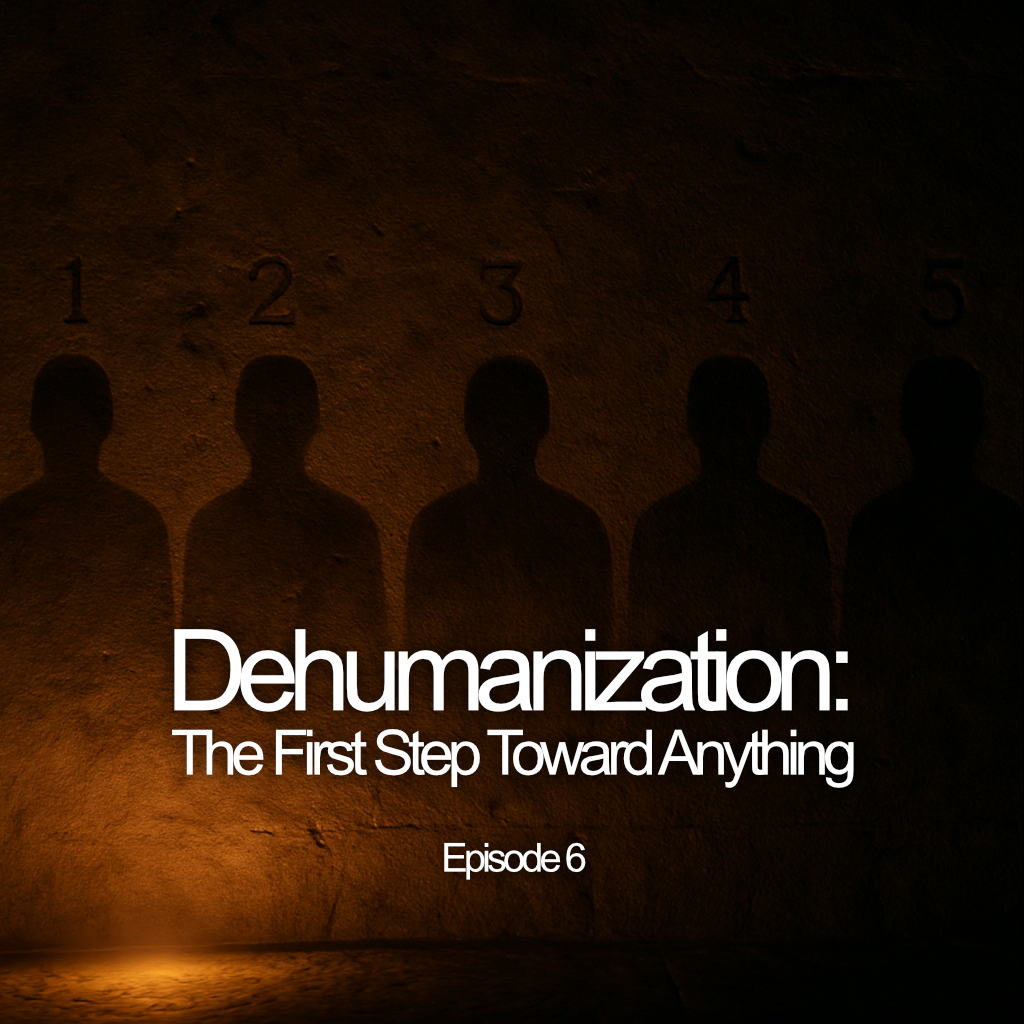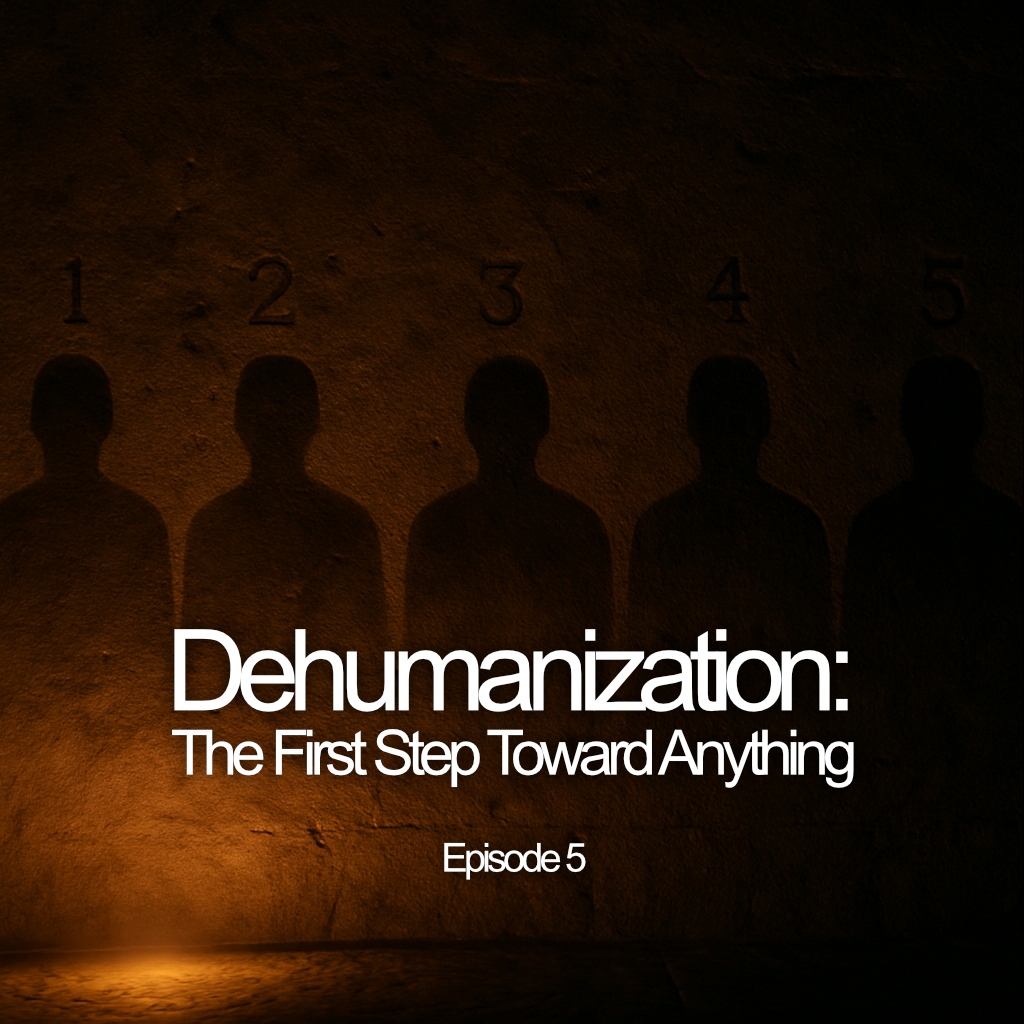We often think of choice as empowerment. A sign of freedom, of progress. The more options, the better. The clearer the right answer, the safer we feel. But what happens when every path forward demands a sacrifice? When no option feels right, and yet, inaction isn’t an option either?
This isn’t just a philosophical dilemma. It’s real life.
Whether you’re navigating ethical gray zones at work, facing a fractured relationship, or choosing between two futures you never asked for; some decisions don’t offer a clean win. No “right” answer. Only versions of yourself, reshaped by what you choose to carry.
This is the art of choosing when no choice is perfect.
The Myth of the Ideal Decision
Our culture is obsessed with optimization. We weigh pros and cons, run simulations in our minds, and seek advice hoping someone else can tell us what we already know: there’s no ideal choice here.
We’ve been taught that the best decisions are the ones with minimal cost. But in truth, some of the most defining choices we ever make come despite the cost; not because we’ve eliminated it.
In moments like these, perfection becomes a trap. Waiting for the ideal option often means not choosing at all, drifting into inertia, or defaulting to someone else’s script. But indecision is a decision. One that quietly shapes who you become.
When Values Collide
The hardest choices aren’t between good and bad, but between two competing goods; or two necessary evils. Stay or go. Speak up or stay safe. Forgive or protect yourself.
These are moments of inner conflict, not just external consequence.
You’re not just choosing a path; you’re choosing which values to uphold, and which ones to momentarily set aside. It’s uncomfortable, but also revealing. These moments show you what you stand for when standing still is no longer possible.
The pain of choosing isn’t always a sign of the wrong path; it’s often the sign of growth, integrity, and self-authorship.
The Courage to Choose
When no choice feels clean, courage looks different. It’s not loud or dramatic. It’s the quiet decision to own your direction, even if the destination is still unclear.
You might not feel certain. You might not feel strong. But making a choice in the face of imperfect options is an act of responsibility, not recklessness. It says: I may not know how this ends, but I know who I want to be while getting there.
The art of imperfect choosing is not about always being right.
It’s about being honest. Intentional. Willing to accept that every road reshapes you and that clarity often comes after the choice, not before.
Conclusion
In a world that celebrates control, the most radical act might be this: choosing, even when no outcome is guaranteed, no answer is pure, and no guide can tell you what to do.
Because when you choose with awareness, even imperfect choices become meaningful.
They don’t just change your circumstances; they change you.
And sometimes, becoming the kind of person who chooses, despite the mess, the uncertainty, the lack of applause is the most powerful transformation of all.



